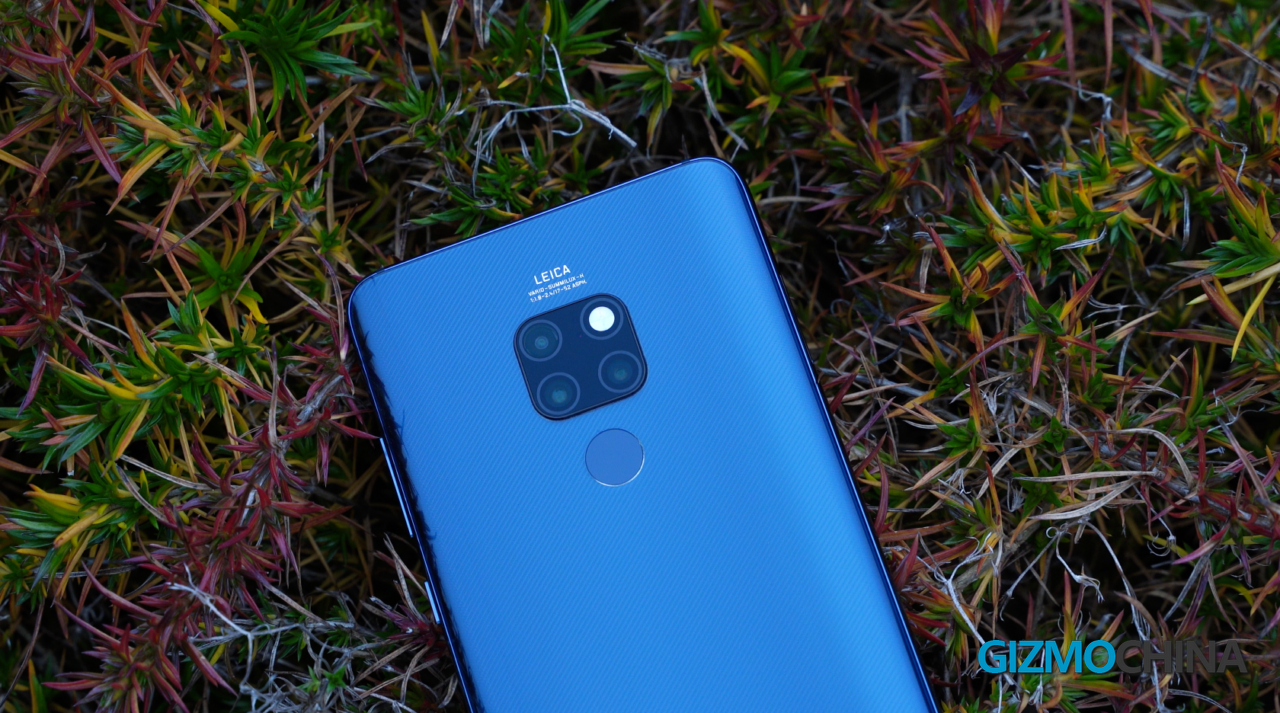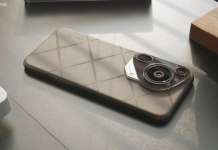Huawei and ZTE are urging the FCC not to label them as a ‘National Security Risk’. The agency had initially voted to designate the two tech giants as security risks for the US back in November 2019. But the final decision rests with the agency’s Public Safety and Homeland Security Bureau. And both companies are hoping that this risk designation won’t be finalized by the Bureau.
In a 200-page filing by Huawei, the telecommunications giant said that FCC’s efforts to designate it as a national security risk was, “designed to implement a campaign by certain government officials, including members of Congress, to single out Huawei for burdensome and stigmatizing restrictions, put it out of business in the United States, and impugn its reputation here and around the world.” In a similar move, ZTE’s filings asked FCC to assess the company’s efforts in “enhancements in the area of U.S. export controls and economic sanction compliance and security controls in ZTE products”.
Rural carriers in the US are currently barred from using federal subsidies to purchase equipment from Huawei.
Editor’s Pick: Huawei surpasses Apple in entire 2019 shipment ranking; Xiaomi, OPPO makes top 5
Despite its struggle in the US, the company seems to be doing well internationally. Recently, both the UK and the EU decided to allow Huawei in their 5G deployment, albeit on a limited scale. This goes against the US’ request to put a blanket ban on the Chinese company.
Huawei has long argued that the US ban doesn’t provide any proof to support its claims of “backdoor access” or “national security threat”. It also adds that competitors like Nokia and Ericsson make some of their telecommunications equipment in China, exposing them to similar risks. In fact, back in December 2019, Huawei filed a lawsuit against the US government over FCC’s branding of the company as a ‘National Security Risk’.
UP NEXT: Huawei 5G role being capped in the UK will cost £500 million: British Telecom
(Source)









